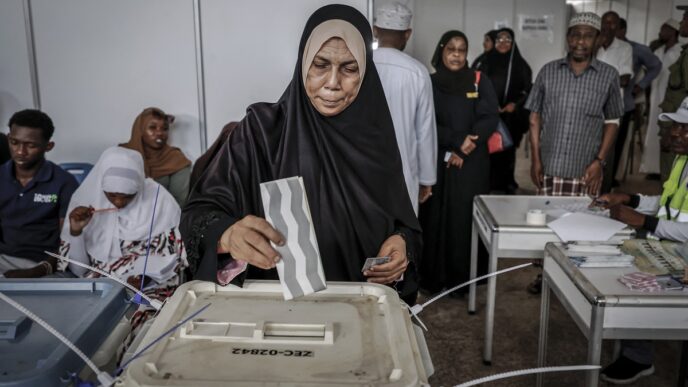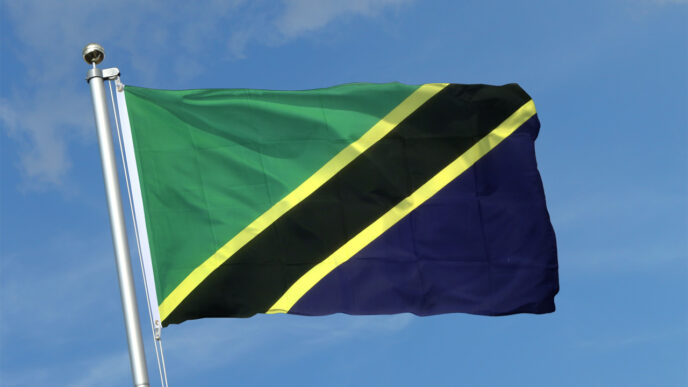The Tanzanian government has issued a stern warning against the misuse of social media platforms, urging citizens to exercise responsibility and refrain from spreading misinformation, hate speech, or content that undermines public order. The statement was made by Information, Communication and Information Technology Minister, Nape Nnauye, during a press briefing in Dodoma.
Mr Nnauye expressed growing concern over the increasing use of online platforms to circulate false or inflammatory information that could threaten the nation’s unity and security. He emphasised that while Tanzania upholds freedom of expression, such liberty must be exercised within the bounds of the law. “Freedom of speech does not mean freedom to insult or spread lies. Social media should be used to build society, not destroy it,” he stated.
The Minister warned that individuals and organisations found guilty of violating the Electronic and Postal Communications (Online Content) Regulations would face strict penalties, including fines and possible suspension of their digital operations. The government, he added, will intensify monitoring of online content to ensure compliance with established standards.

Nnauye also highlighted the government’s ongoing efforts to promote responsible digital citizenship, noting that social media has become a powerful tool for communication, business, and education. However, he cautioned that the same platforms are increasingly exploited by malicious actors to spread fake news and incite unrest. “We encourage innovation and creativity online, but we will not tolerate activities that disrupt peace or threaten national security,” he said.
In response to concerns about censorship, the Minister reaffirmed that the government remains committed to protecting citizens’ rights while maintaining social order. He urged the public to report misleading or harmful content to the relevant authorities rather than amplify it.
The warning comes amid a surge in the use of digital media in Tanzania, where over 30 million citizens are now active internet users. Analysts say the government’s renewed stance reflects a growing regional trend of tightening online regulations to curb disinformation and cybercrime.


 Trending
Trending 













